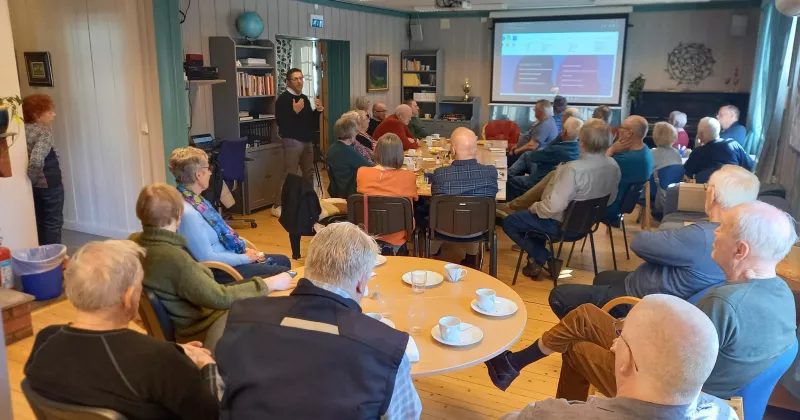Erasmus+ KA2 – Adult Education Partnerships: Sharing the European Pathways
The EU and its member states are all committed to a policy of de-institutionalisation (DI) and the implementation of the United Nations Convention on the Rights of Persons with Disability (UNCRPD) and the EU’s own 2020 Disability Strategy. DI is a challenging policy and the 4 main partner nations in this project (FI/RO/HU/UK) are at different stages along the way. They have come together to share their experiences and learning and to promote the idea that people with disabilities are ‘experts by experience’ and can, with appropriate help, contribute to the task of retraining staff and residents of institutions in the process of moving out into community based settings.
The STEPS project (Sharing The European Pathways) provides 2-3 hour long training sessions covering a range of things staff and residents will need to do differently when they move out if the new service is to be based on the UNCRPD principles such as rights, inclusion, choice and independence and not the old ‘medical model’ of care where ‘nurse knows best and just do as you are told and we will get along just fine.’ The partners are all either heavily involved in DI processes and/or in the provision of staff training for those working with a disability. A Belgian partner has a dedicated evaluation role.
The training materials are all derived from current training packages in the UK & FI, but have been re-fashioned to meet the specific need of this project to provide tailored training opportunities to groups with particular needs. An additional aspect of this project is the use of ‘co-trainers’ (who are people with disabilities themselves) as one half of a co-training partnership to train staff, residents and their families/ friends. Not all STEPS training session will require a co-trainer, but experience has shown that using a co-trainer can make a big impact on staff being trained.
Co-trainers will be coached and given support to fulfil their role. We hope this will be the start of wider use of co-trainers. Materials will be made freely available in ‘universal’ format in English (ie. with no reference to any one country, institution or place etc.) and they will be ‘localised’ by partners so they will look and feel like a local document, with recognisable local names, places, laws etc. ‘Easy Read’ versions of relevant documents will be available.
The training sessions deal with both practical matters from the point of view of residents, their families and staff – such as; handling personal and household money, doing the shopping and the cooking, keeping the house clean, getting on with the neighbours etc and also more attitudinal/philosophical matters – such as: who is ‘in charge’ in ‘my’ home? Are staff ‘carers’ or enablers? What do we do about people taking risks?
We will collect feedback from all the training sessions and from manager of services where STEPS training has taken place. There will be two cycles of training to allow for review and revision of the materials and methods used. Co-training partnerships will be supported by a number of senior trainers who will all have attended an intensive 5 day training course to learn the materials thoroughly. We will seek formal approval for the STEPS training from the relevant bodies.
Project co-ordinator: Kézenfogva Összefogás a Fogyatékosokért Alapítvány
Project number: 2015-1-HU01-KA204-013570





